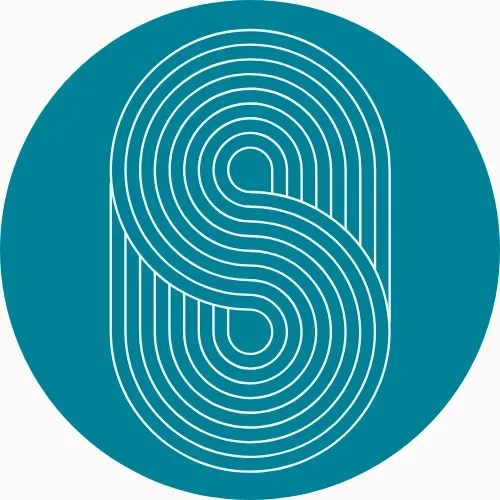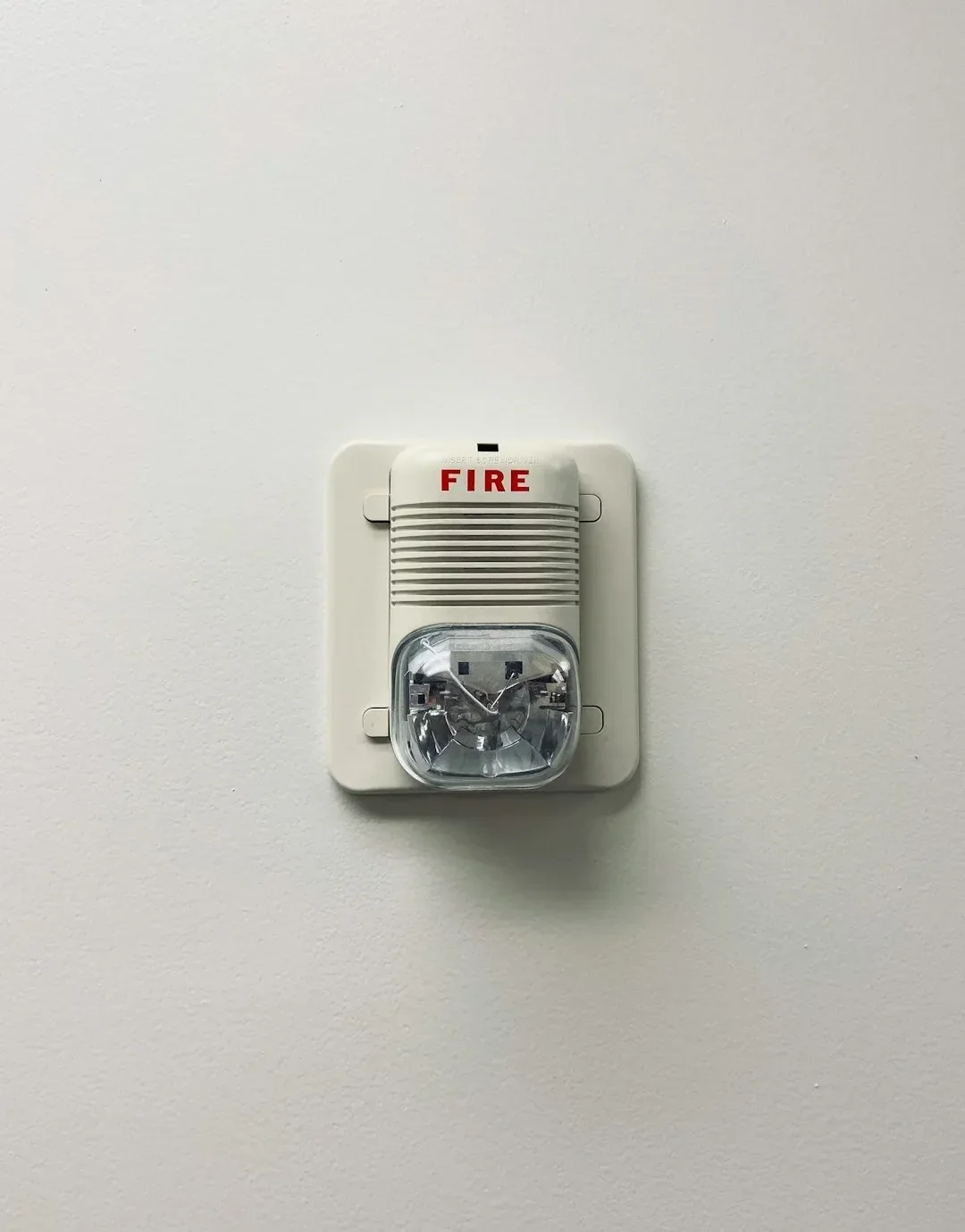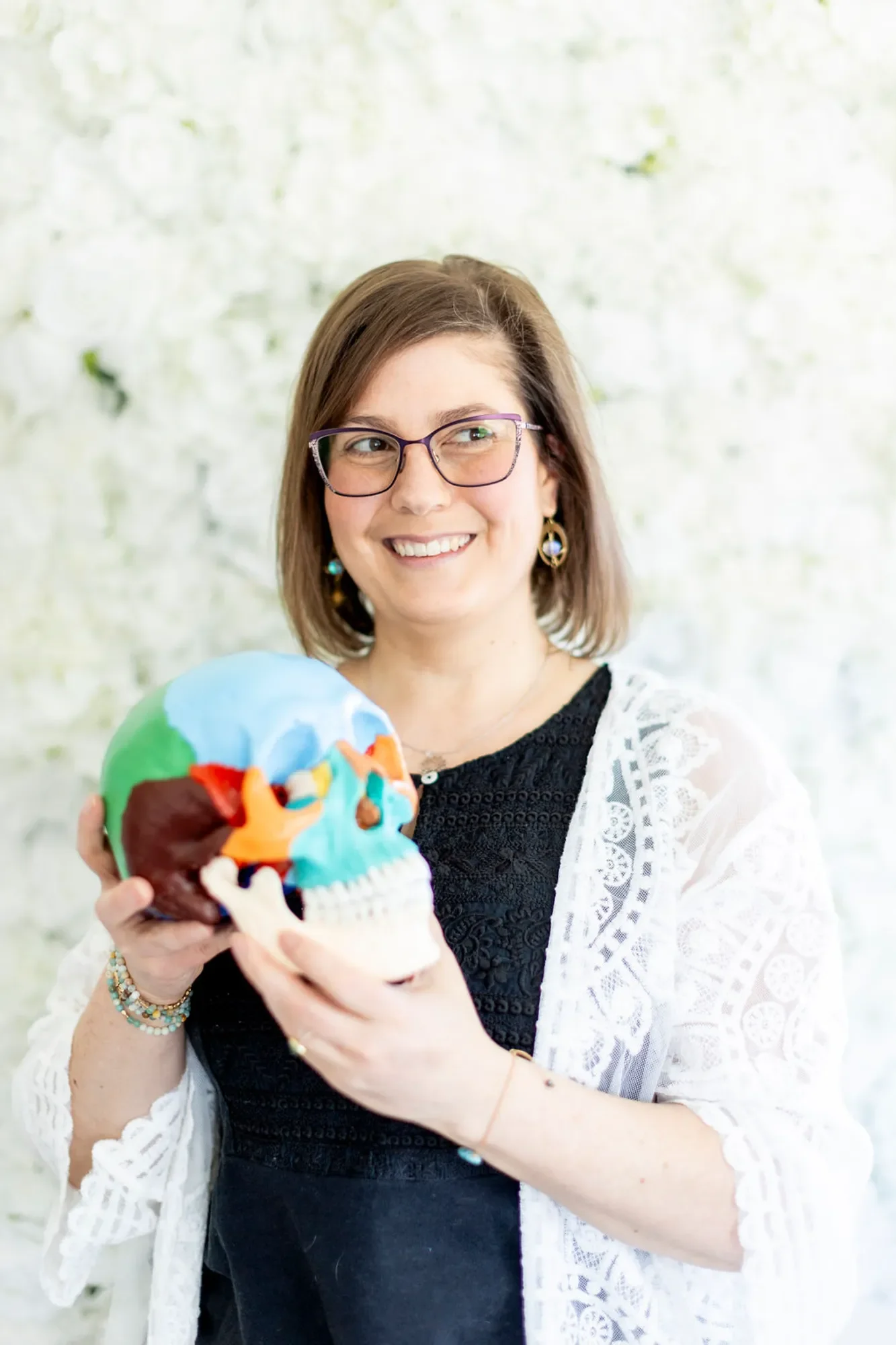Break the Pain Cycle: A 12-Week Pain Neuroscience Education & Nervous System Coaching Program
Rewire your nervous system.
Change your relationship with pain.
Reclaim your life.
Winter Cohort Dates: February 26 - May 21st, 2026
Understanding the neuroscience of pain is more effective than medication at reducing pain and improving function.*
If you’ve been living with chronic pain and nothing has truly helped, this program is for you.
You’ve lived with pain for months or years without lasting relief
Your pain seems unpredictable, and it is activated by little things
You've seen different specialists but you still don't understand why you hurt.
You feel frustrated and exhausted from conflicting advice, or are scared that nothing will ever help.
You know in your heart your pain is real, and you want compassionate support that treats your pain as a guide, not a symptom.
You’re not broken.
And you’re not imagining your pain.
Your nervous system has simply learned to stay on high alert.
And the beautiful thing about the nervous system is this: it can learn something new.
Lasting relief comes, not from fixing the body or masking the symptoms, but from rewiring the nervous system so it doesn’t have to be so hypervigilant.
You’re Not Broken: Your Nervous System Is Protecting You
Chronic pain is not a sign of damage that won’t heal.
For many people, it’s a sign of central sensitization: a nervous system that has become exceptionally good at detecting danger.
That sensitivity can feel overwhelming, leading to:
Pain that lingers long after an injury should have healed
Flare-ups that don’t make logical sense
A body that reacts strongly to stress, movement, sound, or emotion
A constant background fear of making things worse
But here’s what most people are never told:
✨ That same sensitivity is also a strength.
It means your nervous system is perceptive, responsive, and deeply attuned.
This program isn’t about forcing your body to change.
It’s about listening to your body’s wisdom and helping your nervous system feel safe enough to turn down the volume of the alarm.
What If Pain Isn’t the Enemy, But a Guide?
Pain is often framed as something to fight, fix, or eliminate.
But when pain is driven by the nervous system, fear and resistance can actually make it louder.
In this program, you’ll learn how to:
Understand why pain persists even when tissues are healthy
Shift from fear and frustration into curiosity and compassion
Listen to pain as information, not a threat
Gently guide your nervous system out of protection mode
When your relationship with pain changes, your experience of pain can change too.
What you’ll learn.
Over 12 weeks, you will:
🎯 Understand Your Pain
Learn the science of pain in a way that actually makes sense — so fear loosens its grip and clarity replaces confusion.
🧠 Rewire the Nervous System
With group coaching and somatic attunement, you’ll begin to retrain your nervous system, teaching it to feel safe again.
❤️ Change Your Relationship with Pain
You’ll learn how to meet pain with curiosity instead of fear, seeing it as a guide rather than an enemy.
🌿 Build Practices for Lasting Change
This isn’t just information. You’ll develop a relationship with your nervous system, build a toolbox of embodied practices that reduce pain sensitivity, create new neural pathways that promote safety and resilience, and step back into your life with confidence.
Week by week, you’ll feel less alone and more resilient.
Real Impact. Real Lives Changed.
Are you exhausted from sifting through conflicting pain advice that leaves you feeling hopeless and confused?
Why This Program Actually Works
Conventional pain treatments often focus on the body’s structure, but chronic pain lives in the nervous system.
This program is rooted in evidence-based Pain Neuroscience Education; an approach that has been shown to reduce pain and improve function more effectively than medication.
You’ll learn how fear amplifies pain, how your nervous system learned to be hypersensitive, and how to gently rewire it to feel safe again.
When the nervous system learns it is safe, pain no longer needs to shout to be heard.
Signs of Neuroplastic Pain (Central Sensitization)
Do you have a sensitive pain alarm?
Widespread pain.
Fear of, and anxiety about, pain.
Pain that lasts for a long time and affects multiple
areas of the body.Pain that gets worse, not better, over time.
Pain that migrates or spreads.
Pain that is activated by stress, temperature,
memories, sickness, or activity.Pain that is easy to provoke and not easy to relieve.
Lack of diagnosis or conflicting opinions.
Pain that impacts sleep, digestion, memory, cognition, focus, mood, or other aspects of daily life.
My pain journey
Hi, I’m Rachel!
I’m a Doctor of Physical Therapy and a Certified Chronic Pain Specialist.
My nervous system-informed approach to pain evolved from my own experience traveling through the underworld of chronic pain and bumping up against the limits of conventional medicine.
Pain Neuroscience Education helped me understand that the recurrences of pain were not happening because I was re-injuring myself, but because my nervous system was interpreting everything as a threat, and it was just trying to keep me safe.
Pain neuroscience finally helped me understand why I hurt, which made me less afraid of the pain and improved my symptoms and function.
Who This Program is For
✨ This is for you if:
You live with chronic pain, central sensitization, or neuroplastic pain
You feel stuck, overwhelmed, or discouraged
You want a compassionate, science-based approach
You’re ready to understand your nervous system and finally break the pain cycle.
You want real tools — not band-aids — to help your pain settle and your resilience build.
❌ This may not be right if you’re looking for a quick fix, a passive therapy, or a one-size-fits-all solution.
Rewiring the nervous system requires repetition. This program works best for participants who commit to consistent practice over the course of the 12-weeks. This isn’t just about listening to lectures and learning course content, it is about changing the way you live so that pain can no longer take root.
Program Details
📅 12 Weeks of Live Zoom Sessions
We meet every Thursday from 5 - 6:30 pm EST Live on Zoom.
The Winter Cohort runs from February 26th - May 21st. No Class on April 30th.
💻 A Printable Workbook and a Practice Library that includes guided exercises, practices, and integration tools you can apply right away.
👥 Community Support in a small, guided container where you’re seen, heard, and supported.
This is not a quick fix.
It’s a deep, empowering re-education of your nervous system designed to create lasting change.
Common Questions & Gentle Reassurances
-
This program is designed specifically for people with complex, long-standing pain and sensitive nervous systems. That said, I highly recommend an interdisciplinary approach, and suggest that participants continue working with mental health therapists, physical therapists, and other members of their healing team throughout the duration of the program.
-
Many participants come to this training feeling the same way. Years of failed treatments can increase nervous system sensitivity. I understand what it is like to feel hopeless. I’m happy to meet with you before you register to answer questions and help you get a feel for whether my approach will be a good fit for you. Please reach out and share your questions and goals. If this doesn’t seem like the right fit, I’ll help you find options that will work for you.
-
Absolutely NOT! Pain is always real. When we talk about pain being a nervous system reaction, that doesn’t mean the pain isn’t real or is “all in your head.” This program explains why it’s real, and what you can do about.
-
Oof. I get it. I’ve felt that way, too, and I know how hard it can be to trust that anything, or anyone, can help. I believe in this work with my whole heart, and I’ve seen in change lives. But I don’t expect you to trust something you haven’t experienced yet. I have several free resources available on my website. I encourage you to check them out to get a feel for my teaching style. I’m also happy to meet with you and see if we might be a good fit for working together. It’s a big decision, and I want your nervous system to feel supported in choosing what is right for you.
Join the Next Cohort
🎟 Limited Spots Available
Investment: $1,000 for 12-Weeks of a guided Pain Neuroscience Education program, group coaching, a 140-page workbook, a library of guided practices, and all the tools you need to rewire your nervous system and break the pain cycle.
💛 Early Bird Pricing for Waitlist Members. Save $200 if you register by January 31st.
👉 Join the Waitlist to be the first to enroll and receive exclusive savings.
The Impact
"My mental health has dramatically improved. I have hours every day and often most of the day where I have no or low pain. I am able to enjoy the moment and have more gratitude for the blessings in my life because I am not constantly bogged down by pain, dysfunction, and hopelessness. I am seeing more clients per week than I have in the 20 years I've been a bodyworker."
~ Recent Course Participant
References
Butler DS. The Sensitive Nervous System. Adelaide: Noigroup; 2000.
Louw A, Diener I, Butler DS, Puentedura EJ. The effect of pain neuroscience education on pain, disability, anxiety, and stress in chronic musculoskeletal pain. Archives of Physical Medicine and Rehabilitation. Dec 2011; 92(12):2041-2056
Moseley GL, Hodges PW, Nicholas MK. A randomized controlled trial of intensive neurophysiology education in chronic low back pain. Clinical Journal of Pain. 2004; 20:324-330.





